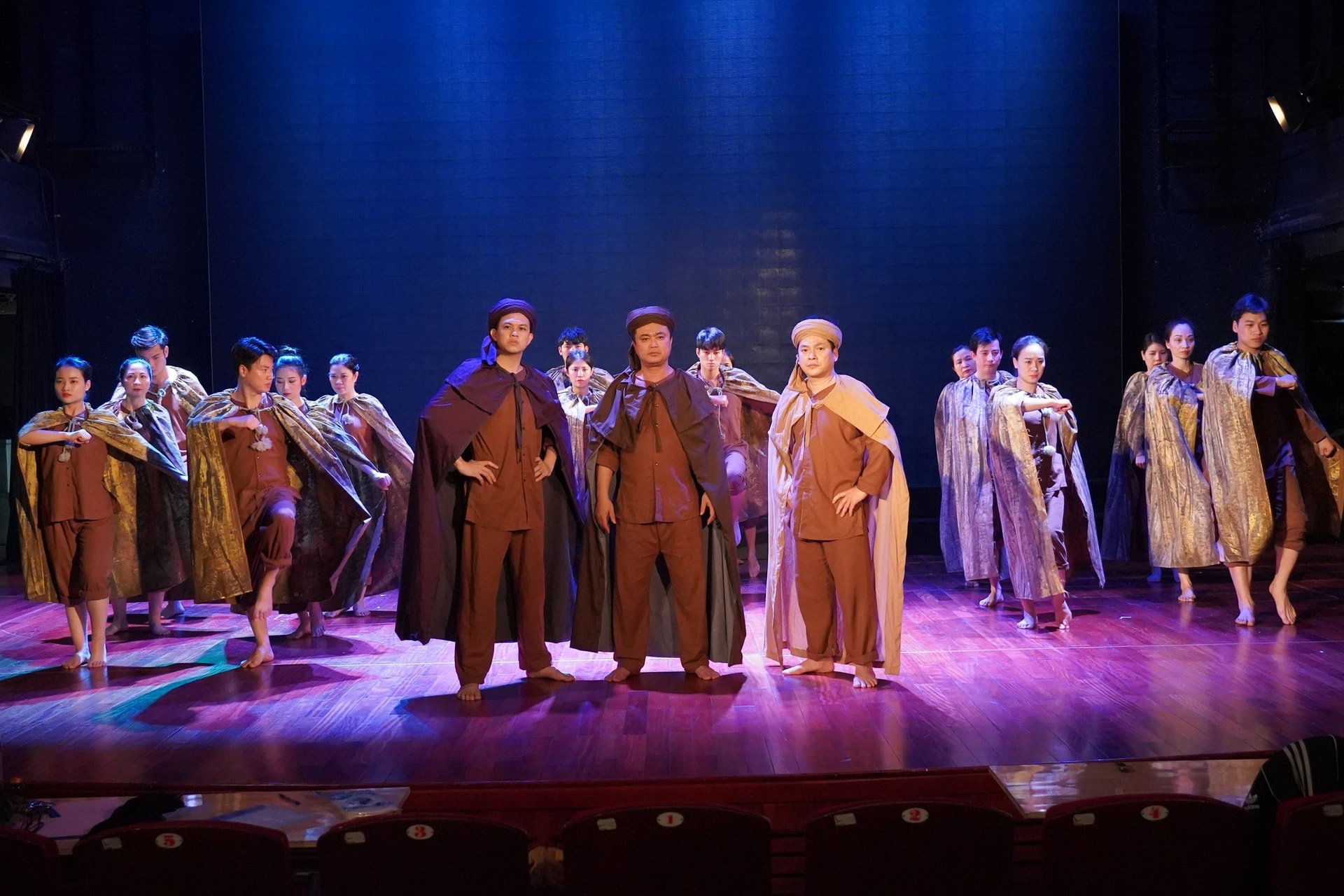
There, the first performances will begin on November 16 and 17, opening two seemingly different competitions but aiming at the same core question: How will the performing arts maintain its place in today's life?
Specifically, with 29 plays, the Experimental Theatre Festival creates an international 'playground' where units proactively seek new creative methods in the context of integration.
As shared before the event, the 'experimental' nature here is not only in the way of staging in every stage: writing the script, handling the acting, building the performance space, applying sound and light. That is, it is the desire to expand the creative range with all multi-layered approaches, not limited to a few common "improvisations".
At this festival, the presence of 10 international art troupes from Poland, the Netherlands, Japan, the Philippines, Korea, Israel, Mongolia... shows the ability to expand the scope of exchange of Vietnamese theater.
On the other hand, the repertoire of domestic units also has considerable diversity, ranging from spoken drama (such as the play The Rubber Sandal Man) to pantomime, physical drama, musicals; from cheo, tuong, cai luong (The Jade Soul of Poetry ) to circus ( Clams, Shells, Mussels ), cheo ( Dao Willow ), puppetry (The Green Frog's Dream ).
Some plays are even said to go beyond the familiar classification framework, when artists boldly incorporate many artistic materials and experiment with forms of expression that cannot be 'classified' into a specific genre. In part, this difficulty in naming reflects the creative need of the stage - in the context of competition with contemporary forms of entertainment - to seek new paths.
On the other hand, the Tuong and Folk Opera Festival carries a different spirit. If the Experimental Theatre Festival is outward-looking, prioritizing international exchanges and new creative trends, this festival returns to its traditional foundation.
And, the focus of that 'playground' is not only to honor two long-standing theatrical forms, but also to arouse the desire to work and the awareness of preserving the identity of artists, while at the same time creating conditions for the public to understand more deeply the aesthetic values and cultural depth of Tuong and folk opera.
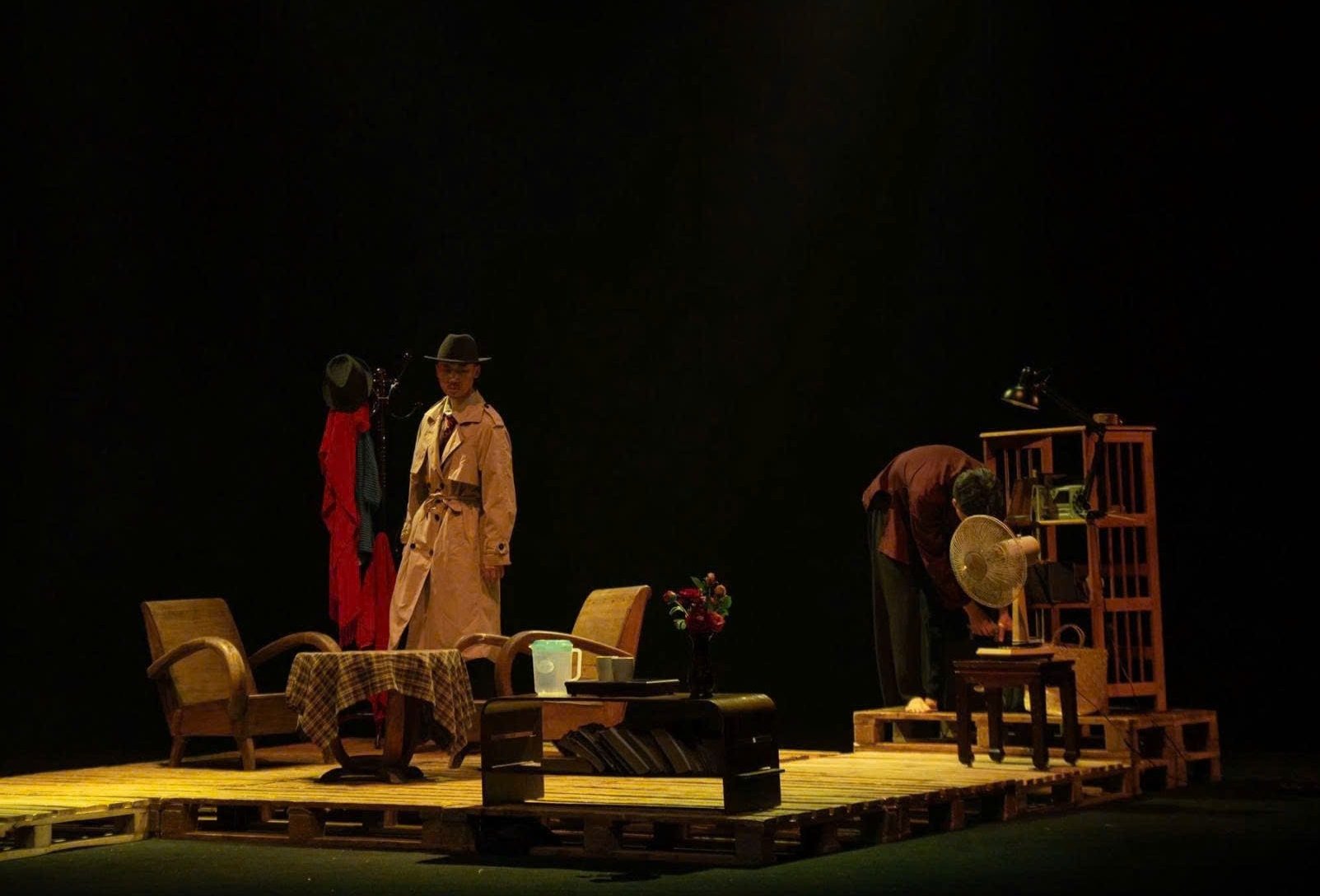
Therefore, not only stopping at the plays, the festival also has the nature of a professional forum, where professionals discuss management models, staging methods and artist training in the current context. That shows the concern not only for but also for the 'ecosystem' associated with Tuong and folk opera, when traditional theater in general is facing difficulties in this regard.
Notably, compared to the previous five editions, the 6th International Experimental Theatre Festival has made an important change when it was held for the first time in four localities: Hanoi , Hai Phong, Ninh Binh and Ho Chi Minh City.
In addition to the flexibility to solve the budget problem, this organization also shows a remarkable shift in direction, when the stage seeks out different audiences, instead of narrowing itself within the framework of a centralized competition. Because, in the context of the audience having a strong differentiation before different types of entertainment, proactively expanding the accessible space is a necessary choice for the stage.
Meanwhile, being held at Kim Ma Theatre (Hanoi), the Tuong and Folk Opera Festival is an opportunity for these two genres - which have developed strongly in the Central region - to receive more attention.
At the same time, it is also a big test, when not all audiences - especially the young - can easily accept traditional theatrical forms which have a certain distance from the language of modern life.
That means, bringing Tuong and folk opera to modern life will require more than staging a play. Because it is a problem of aesthetic education , of rebuilding the once strong - but now weakened - bond between traditional theater and the community.
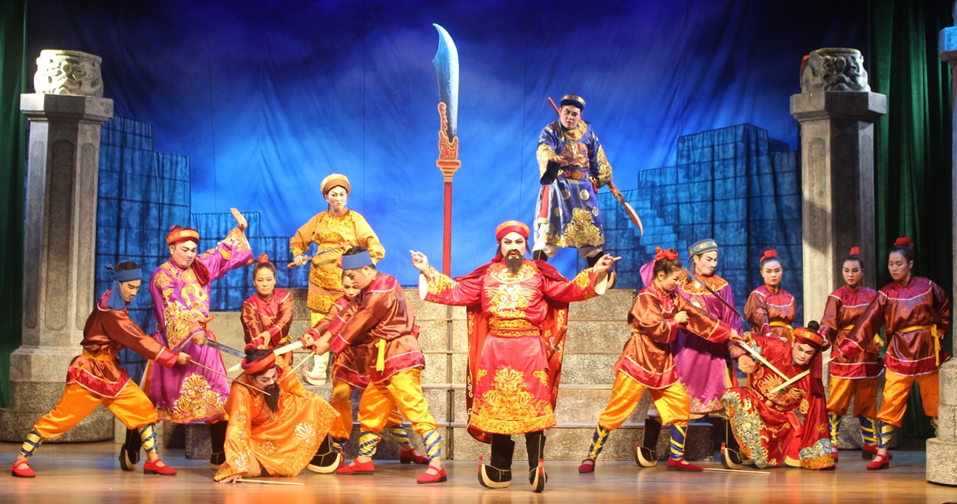
The two festivals, with two very different colors of Vietnamese theater, are expected to create a highlight for the artistic life in November. The numbers regarding the scale of the organization, the number of plays, and the number of participating units are all positive signals. However, what the theater needs more is the ability to explore, adapt, and connect with the life of the plays after the two festivals end.
Because, only when the desire for experimentation and traditional heritage have the opportunity to spread in the current receptive environment, will the stage not stand outside the rhythm of contemporary life.
According to VNASource: https://baohaiphong.vn/hai-lien-hoan-hai-phep-thu-cho-san-khau-526849.html





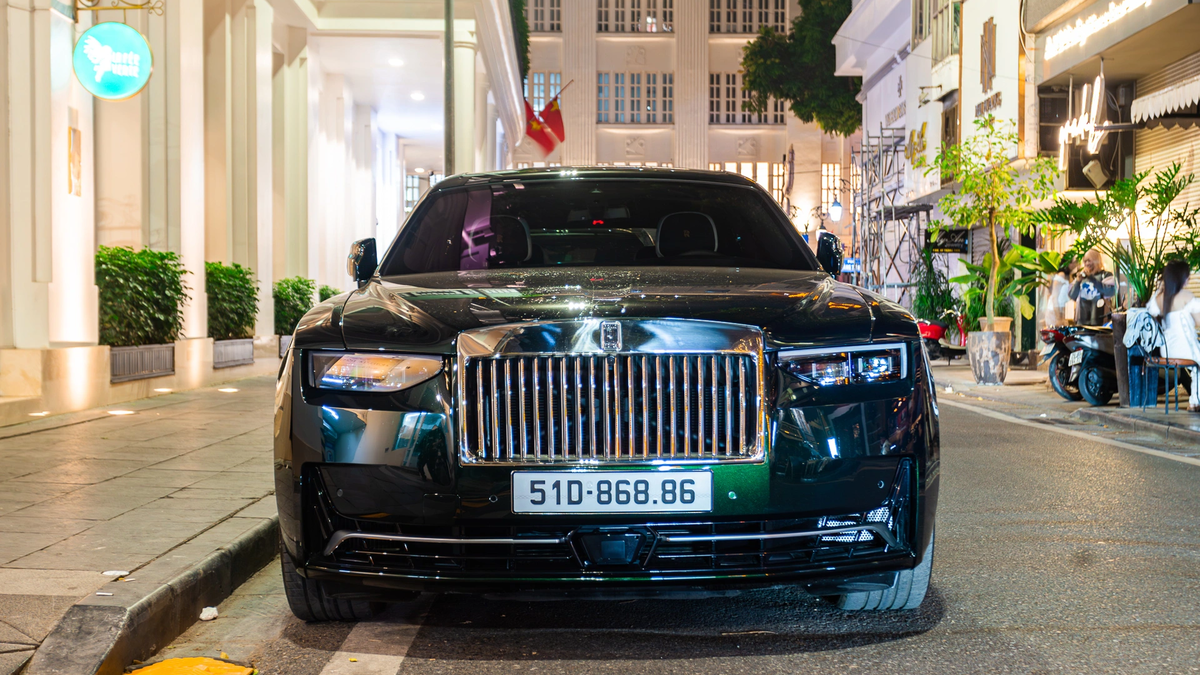
![[Photo] Prime Minister Pham Minh Chinh meets with representatives of outstanding teachers](https://vphoto.vietnam.vn/thumb/1200x675/vietnam/resource/IMAGE/2025/11/15/1763215934276_dsc-0578-jpg.webp)
![[Photo] General Secretary To Lam receives Vice President of Luxshare-ICT Group (China)](https://vphoto.vietnam.vn/thumb/1200x675/vietnam/resource/IMAGE/2025/11/15/1763211137119_a1-bnd-7809-8939-jpg.webp)


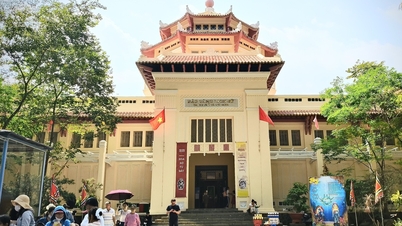

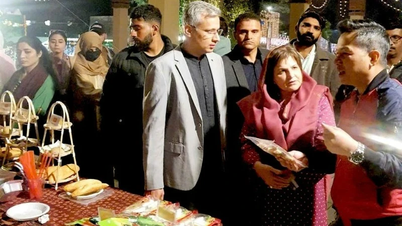



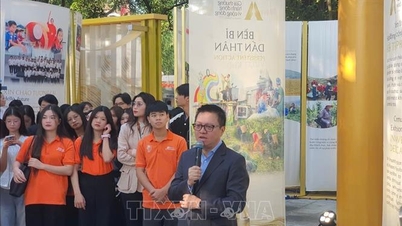

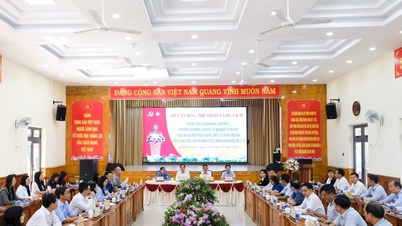

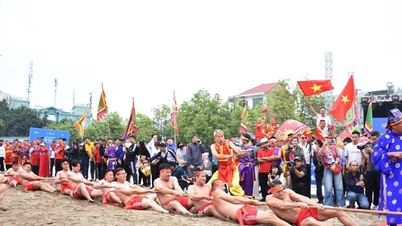

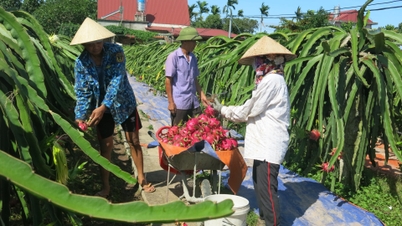
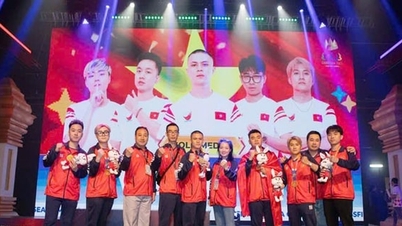
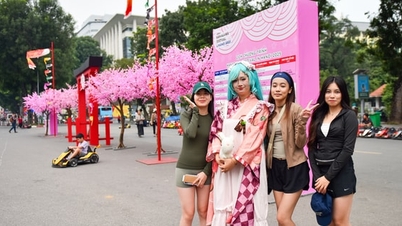
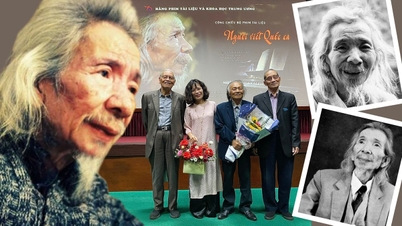
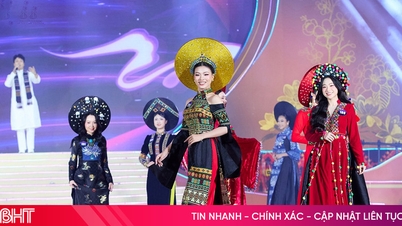






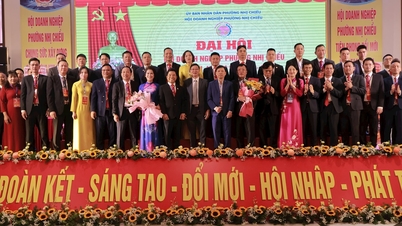

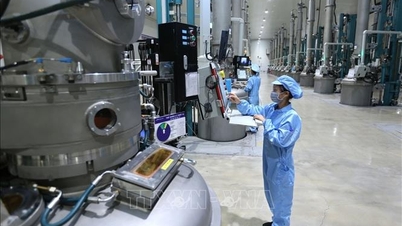
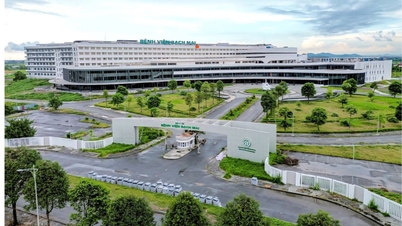
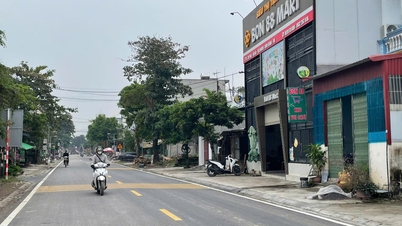







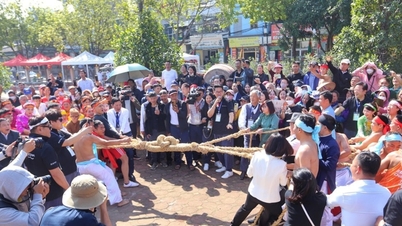


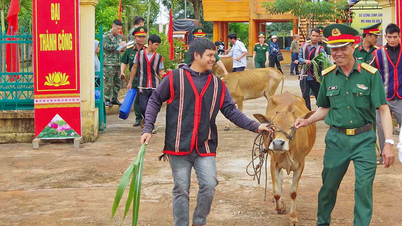






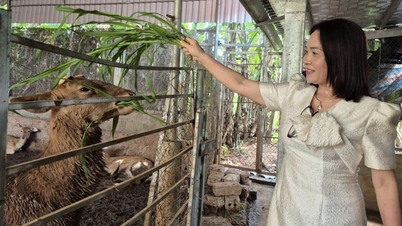















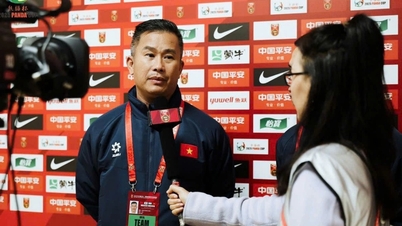

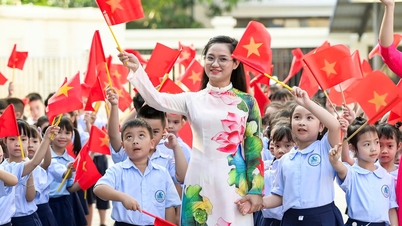


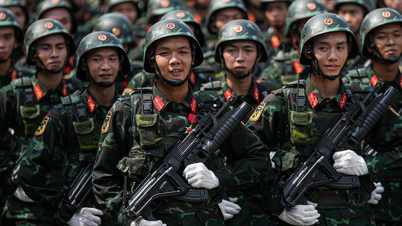


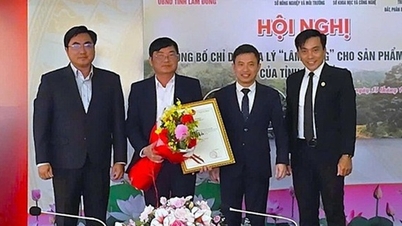







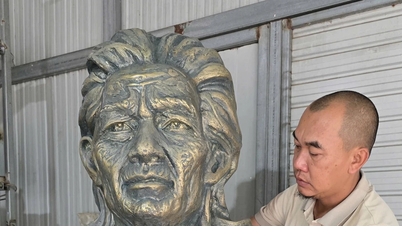

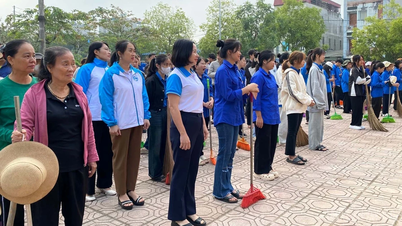

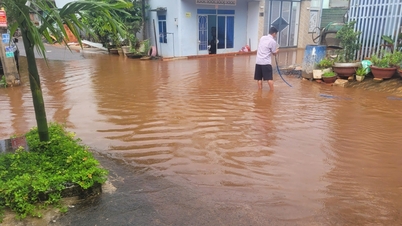
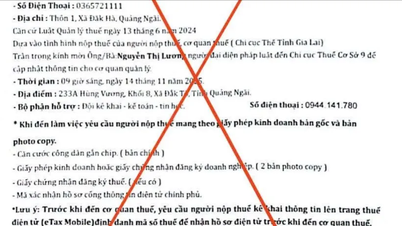

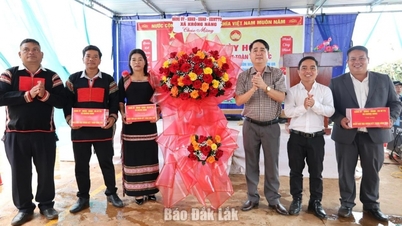
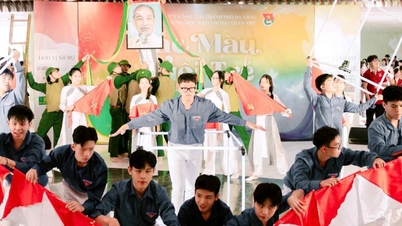












Comment (0)